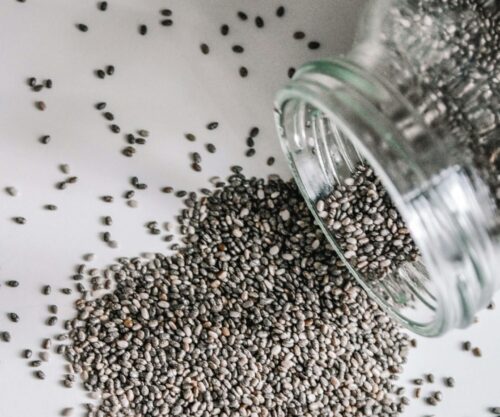
The winter season is here, which means more rainy and cold days and sadly, it also means increased air pollution.
According to AirThing, air pollution is worse in the winter because colder and drier air traps more pollution. Our habits during the winter months also contribute to increased pollution levels.
While air pollution is a significant health concern that everyone should be aware of all year round, it is also crucial to understand how and why winter can put you at higher risk.
This article offers solutions and suggestions for how to reduce air pollution during the winter, according to Trevor Brewer, Director of air treatment and lifestyle specialist at Solenco.
Air pollution – even indoors
The amount of pollution in the air in South Africa frequently exceeds the set limits. The majority of the air pollution that we breathe is produced during the process of producing coal-fired electricity, which accounts for around 86% of South Africa’s primary energy supply. In addition, the coalfields that supply the majority of the coal used by Eskom are among the worst in the world for sulphur dioxide emissions.
And what about the diesel generators in our gardens at the back? One of the main sources of worldwide carbon dioxide CO2 emissions, both during manufacturing and use, is diesel.
Add in the dust and veld fires in dryer areas, as well as the pollution from open fires and paraffin stoves frequently used in informal settlements.
And you’re no better off indoors. “Pollutants are microscopic particles of toxic chemicals that are small enough to enter the bloodstream. Because they’re so small, you can be sure that they’re being carried into your home. In fact, the concentration of pollutants and toxins found in the air can actually be two to five times higher indoors than out,” says Trevor.
Poor ventilation
While closing the windows may help keep the chilly air outside, it also allows filthy air inside. When there isn’t any fresh air flowing through your home, dust, fumes from common household chemicals, appliance emissions, bacteria and germs, pet dander, dampness and mould, and the pollutants mentioned above are all at home. And all the winter illnesses follow them.
Trevor advises against stocking up on medications to treat the symptoms brought on by seasonal changes in favour of purchasing an air purifier for your home or place of business to ward off these negative effects.
Pollutants and volatile organic compounds (VOCs), which can be 10 times more concentrated indoors than outdoors, are removed from the air using air purifiers.
Trevor suggests that you should seek a purifier that incorporates HEPA technology, which drives air through a very thin mesh to collect contaminants. A HEPA filter, such as the one found in the Solenco Purification Pal, removes 99.8% of airborne particles as small as 0.3 microns (too small to see), according to the manufacturer.
Dry air
For individuals with respiratory or lung issues, cold and dry air narrows airways and makes it harder to breathe, Trevor says. Even if you’re healthy, dry air can cause pain, inflammation and headaches, asthma, allergies and hay fever, itchy, uncomfortable skin, and nose bleeds.
Trevor says an evaporative humidifier is a great way to keep your indoor air at optimal moisture levels and remove air impurities, to improve your comfort and your health. A smaller unit will service a bedroom or living area, while a whole-home unit can cover 370 square metres.
Excess moisture
Humid air can aggravate sinus congestion in provinces that have wintertime precipitation. Mould, which can cause allergies and respiratory system problems, could also be encouraged in your home by excessive moisture. When you heat your house with the windows and doors closed, water vapour tends to collect. A dehumidifier will prevent dampness and mould growth as well as dry up the water vapour.
A desiccant-type dehumidifier is more effective in colder climates and will also return air that is 10 to 12 degrees warmer into a space.
Although it’s challenging to manage the weather and outdoor pollution, you can influence your immediate surroundings by putting money into home air purification systems. Even though the quality of our air is deteriorating, you may still take control of your health.
Also see: Here is why you should not run every day




